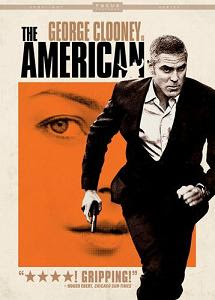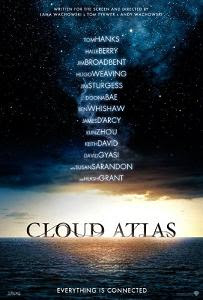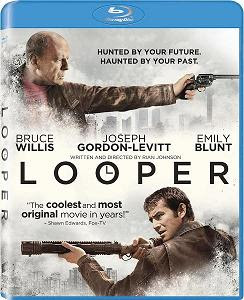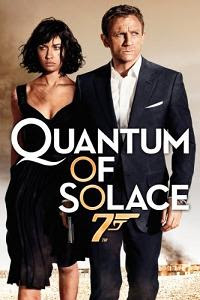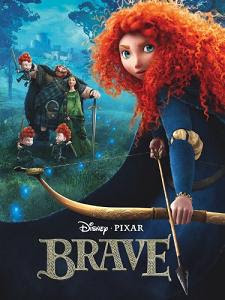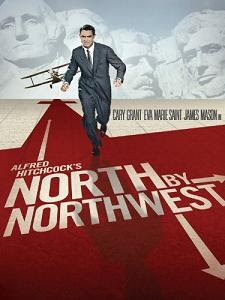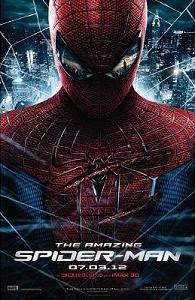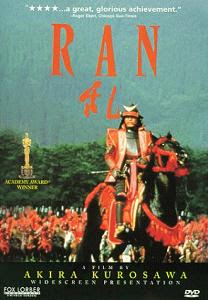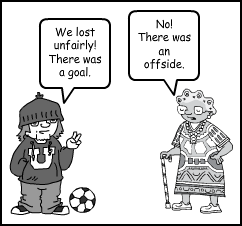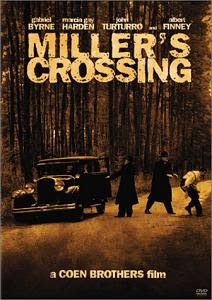Most human beings share an interesting characteristic. They are able to easily misjudge pretty much everything based on their expectations, possessions and own yearnings. If one has been longing to buy a particular car and finally gets it, it will take a lot of time to admit it's garbage even when it really is. I read on an Internet board a statement in the vein of "After half an year everybody will only care about the first two Batman movies because now people are refusing to be let down". It looks like this is really the case with The Dark Knight Rises. Most people, including most critics, are favorable to the movie despite its numerous flaws. This is understandable because of their expectations but it does not change my observation that The Dark Knight Rises is artistically an epic fail (pun intended) regardless of its inevitable commercial success.
I am not a fan of Batman, comic movies or any other particular genre of films or even art. I'm not their "hater" either. I've seen thousands of movies and listened to thousands of music albums. And I think there are good and bad works in every genre and form of art. This is to show I am not prejudiced in any way in regard to the third Christopher Nolan's Batman film. Even more, similar to everyone else I prefer to like a movie when I am paying to see it. But it is really hard to like The Dark Knight Rises. And I'm not talking about inessential or artificial reasons to dislike the film pointed by other people (e.g. how Fox is researching a vehicle that exploded, how Bruce Wayne is walking on ice or returning to Gotham, or how a young policeman is able to guess Batman's identity). These do not bother me and most of them are not actual issues. I could also live with Bane's false statement that he didn't see the light until he was already a man. I can think of it as a figure of speech. I am talking about real flaws to an extent that even Nolan has tangled himself in the mess he has created.
Possible spoilers below!
Christopher Nolan based his Batman trilogy on realism. It's amazing how people simultaneously praise Nolan for this and at the same time they excuse every improbability issue with "Hey, it's a super-hero movie". And there are a lot of improbabilities in The Dark Knight Rises. To mention just a few, healing a vertebra protruding from your back with a punch or having a child making a jump adults cannot make is not what I would call realism.
Many of the faults decorating this film are related to the villains in one way or another. It's ridiculous how a villain who used to hate his father stops hating him after his death. Even more, the hate is changed by a determination to fulfil the father's wrongly understood destiny by destroying a city with 12 million people including the villains themselves. This is absurd on its own but more preposterous is the fact that at least a few of the mercenaries helping the antagonist are aware of the suicidal plan, yet they are also not bothered to die. So the number of mad people in this Batman installment is not limited to just one or two.
It is also impertinent to try to convince Gotham's citizens you want to help, liberate or save them by destroying a stadium and killing a scientist in front of them. Only an idiot would buy this. Maybe Nolan's intent has been to present a city of 12 million idiots, who knows... Actually, the only occasion when Bane looks somehow inspirational as a revolutionary leader is one of the initial sequences when a plane accident is imitated. Throughout the rest of the movie he is more menacing than inspiring (even to his own crew). This is a kind of inconsistency on its own. And the decision of the insane criminals not to destroy the city immediately when they have a chance instead of waiting for 6 months and risk everything does not make any sense. The annihilation of the city is poorly motivated in the first place but the reason for the delay is not better motivated either.
To bind Batman's suffering with Gotham's destruction is stupid. To delay the latter while simultaneously being constantly afraid someone might spoil your plans is more stupid. It looks like the villains are afraid to pull the trigger of self-destruction cause this does not happen even when Batman is back in the city. It is also unclear when and how the antagonist would enlighten Batman with the final revelation if Bruce Wayne weren't able to escape. Maybe with a personal TV announcement in the last minute. And who would take care to finish Batman if the villains had committed suicide? Batman has never seemed a suicidal type despite his moments of desperation. That he has Bane's "permission" to die after Gotham's end does not seem enough.
Why nobody would cancel huge financial operations, which have apparently happened in result of armed intervention, is beyond my imagination. The usage of Bruce Wayne's fingerprints does not make a transaction more likely, especially when he has not been doing anything on the financial markets for at least 8 years. The very idea that a physical presence is required in order to initiate a transaction (hence the need of the attack on the stock exchange) while at the same time only a man's stolen fingerprints are enough to perform it is contradictory in its basis.
Furthermore, it's a movie about a high-tech protagonist, yet instead of using some technologic advantage in a battle against time, Batman decides to confront his powerful enemy with bare hands as if he has months to waste.
There are redundant characters. I suppose nobody has an idea what the purpose of Selina's girlfriend in this movie is. Or why Daggett should be there? Maybe to show there is at least one bad person in Gotham or to delay the revelation of the real villains. The situation is not very different in regard to Foley (Deputy commissioner of Gotham City). He is probably there to demonstrate the incapability of the police but he's not really needed and in an effort to justify his presence there are a few unnecessary scenes between him and Commissioner Gordon.
The excessive use of infodumps is another evidence of a weak screenplay and direction. Every second character with more than an episodic appearance in The Dark Knight Rises is explaining something. Alfred, Miranda, young Gotham cop Blake and a couple of prisoners are a few good examples.
Now, there are people who will justify everything in order to remain convinced about the movie greatness. This includes the incredibly lame motivation of the villains, the redundant characters, the weak script, the infodumps, the inconsistencies. All these could be excused with "it's just a movie" or "this is the director's point of view". These are poor justifications, yet people often use them. But here is something else one wouldn't expect from a professional movie.
This is a thing I unintentionally noticed on my single viewing of the film, yet I haven't read about it anywhere. It's not likely I'm the only one who has spotted it although I am not surprised the majority of people miss this ridiculous moment because of the patchwork the film is. There is a point in The Dark Knight Rises, where Fox is captured by the villains. Additionally Commissioner Gordon and Miranda are captured too. The commissioner is sentenced by the self-proclaimed court and subsequently Miranda is taken away by Bane. Next we see a new captive brought to the place where Miranda and Fox are kept. This is Batman. He talks with Miranda and Fox and after that Batman and Fox are released by Selena. A few scenes later Batman saves Commissioner Gordon at the time of his execution. And now a very strange question follows. Batman asks the commissioner "Where is Miranda Tate?" and Gordon says, "Bane took her." Why would Batman ask a question when he knows its answer better than Gordon? Maybe he has again too much time and just feels in a mood for chatting.
I'm sure there will be people who will be able to justify even this nonsense. But the truth is quite simple. The filmmakers (incl. Christopher Nolan) have lost themselves in the glorious mess they've created so this detail has been apparently overlooked. The mess of "seriousness", epicness and pretentious moviemaking is so huge in this film that it's not strange the audience and the filmmakers have not noticed this issue. It's towards the end of the movie and at that point the audience is already so exhausted of the onscreen chaos that it's easy to overlook this moment. It's harder to excuse the filmmakers though. It's a movie costing quarter of a billion dollars made by one of the most acclaimed directors in recent years and faults like that, which even an amateur director wouldn't make, are hardly excusable. It's a perfect example how Nolan and the rest of the crew have been entangled in what they've been doing.
One of the few good things about this movie is that it is not in 3D. But this can hardly compensate the overall weak filmmaking. The Dark Knight was overhyped, partly due to Heath Ledger's untimely death, partially because of other reasons. But even not perfect, it was quite a good movie. The attempt of serious filmmaking in a super-hero world was not so disastrous and the movie was balanced without huge misconceptions and lack of ideas. This is not the case with The Dark Knight Rises. With a weak script, villains lacking even basically plausible motivation, an excess of characters, inconsistencies, a surplus of infodumps and poor editing, the movie is deeply flawed and an expensive lesson on lame filmmaking.
